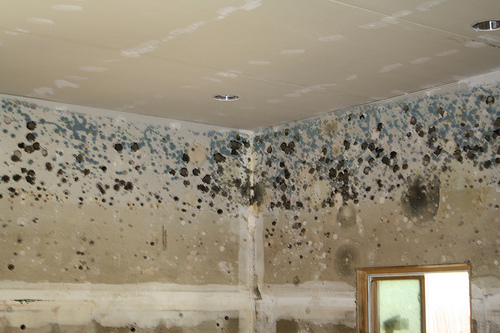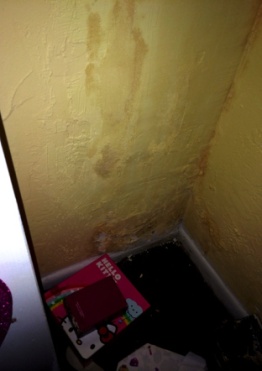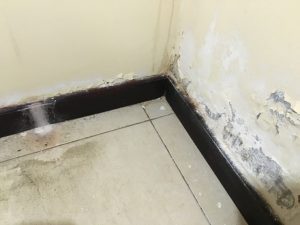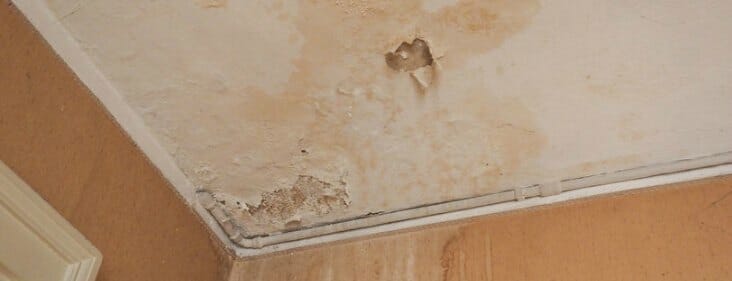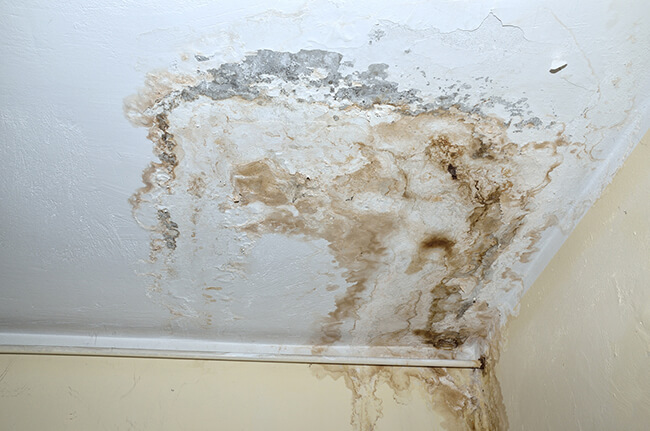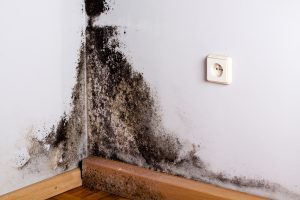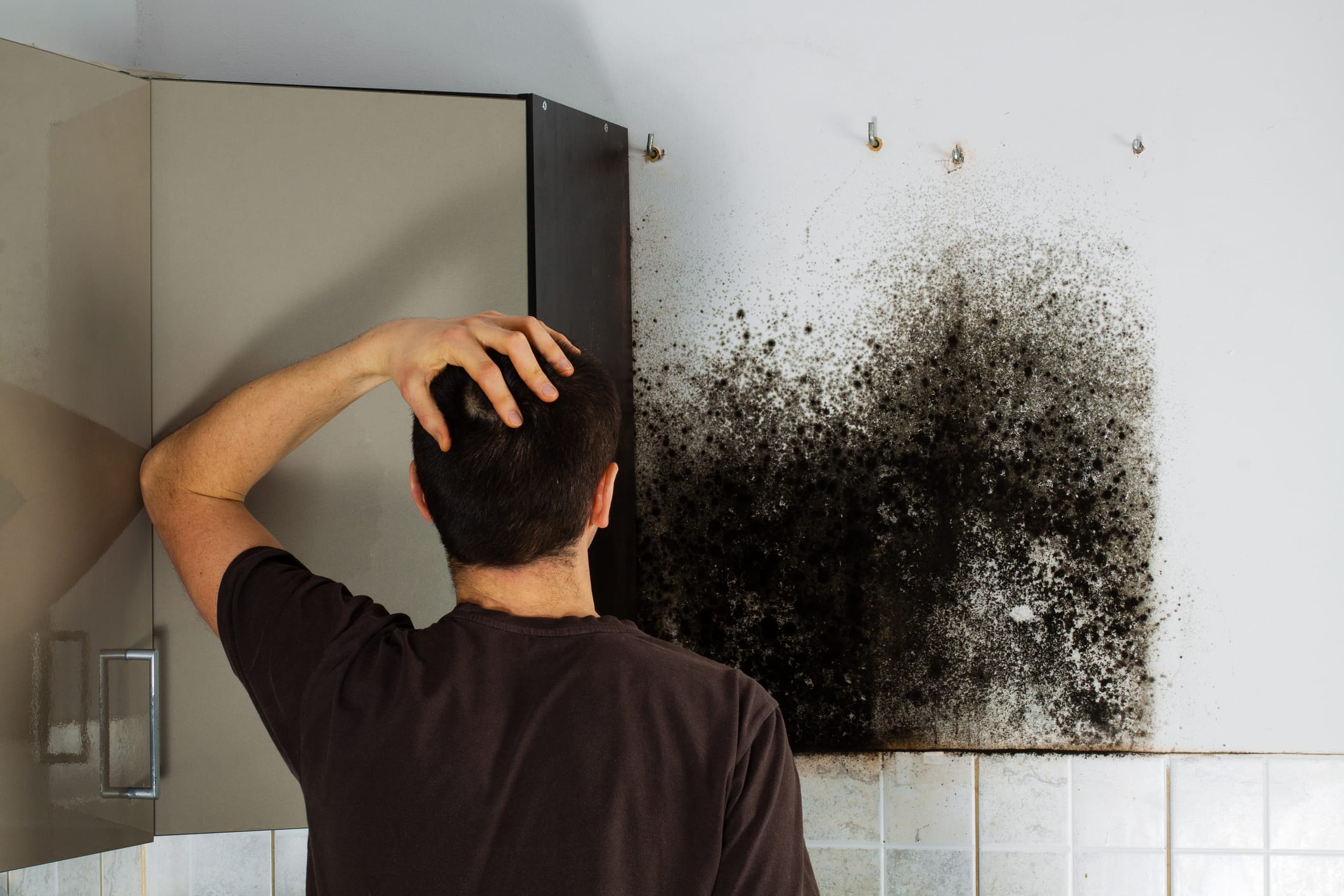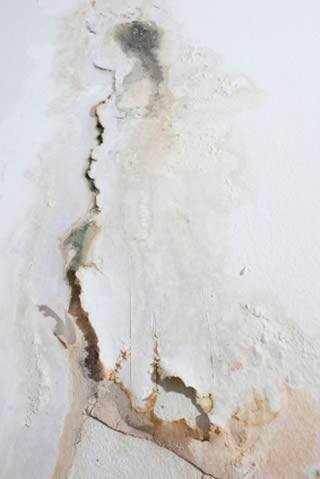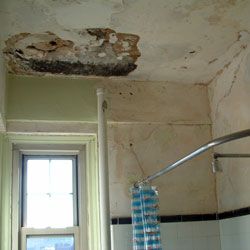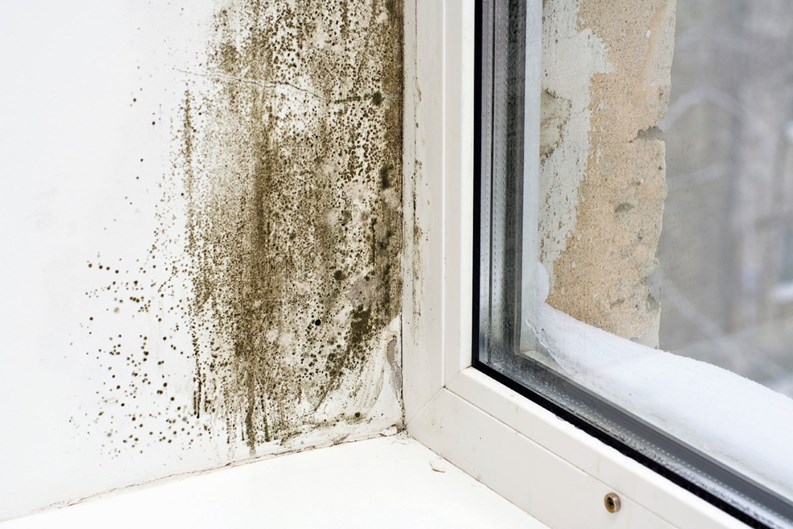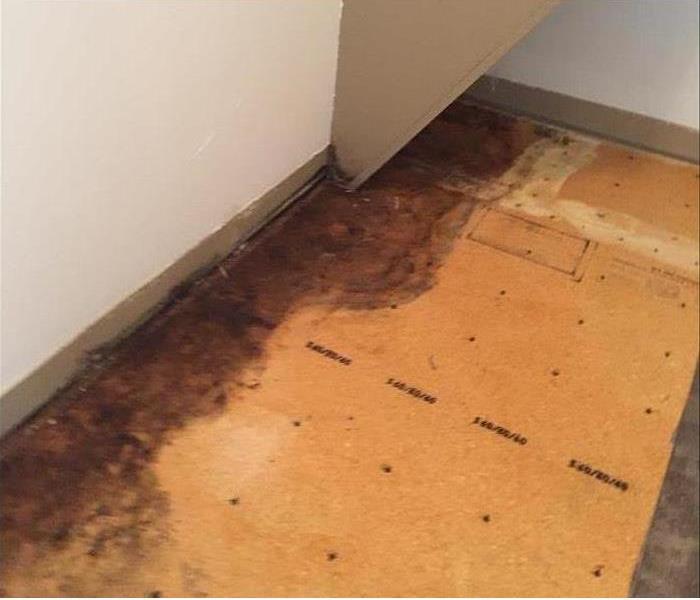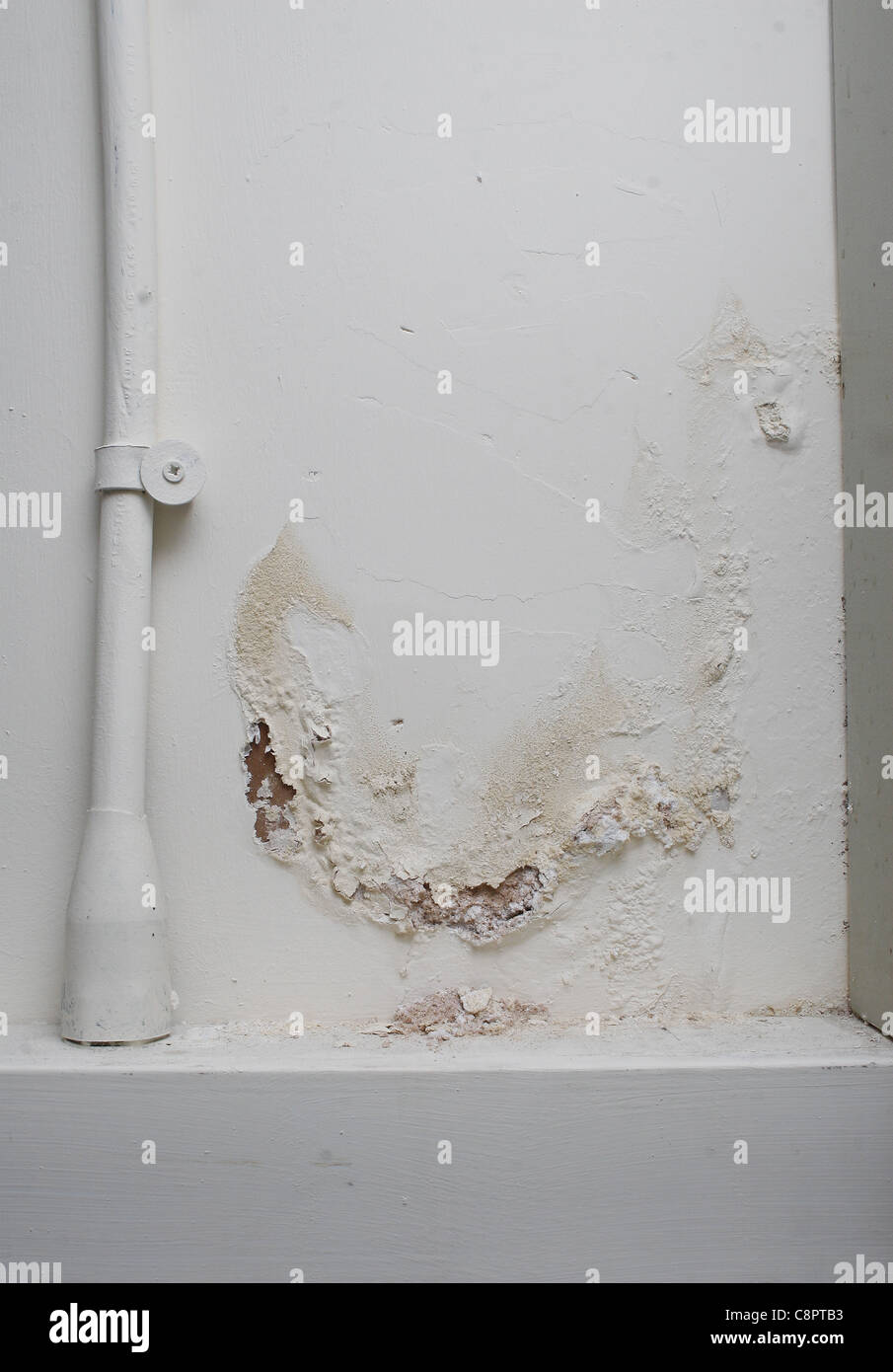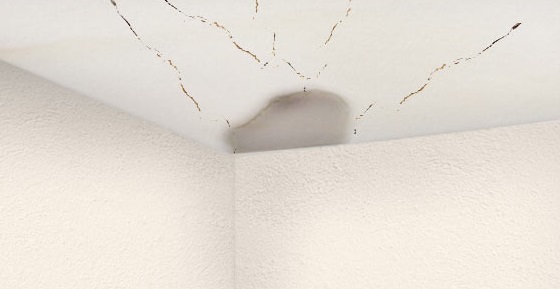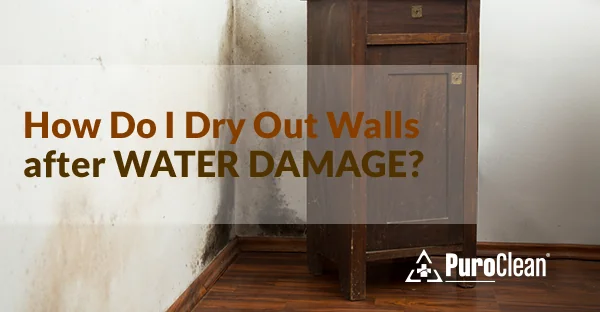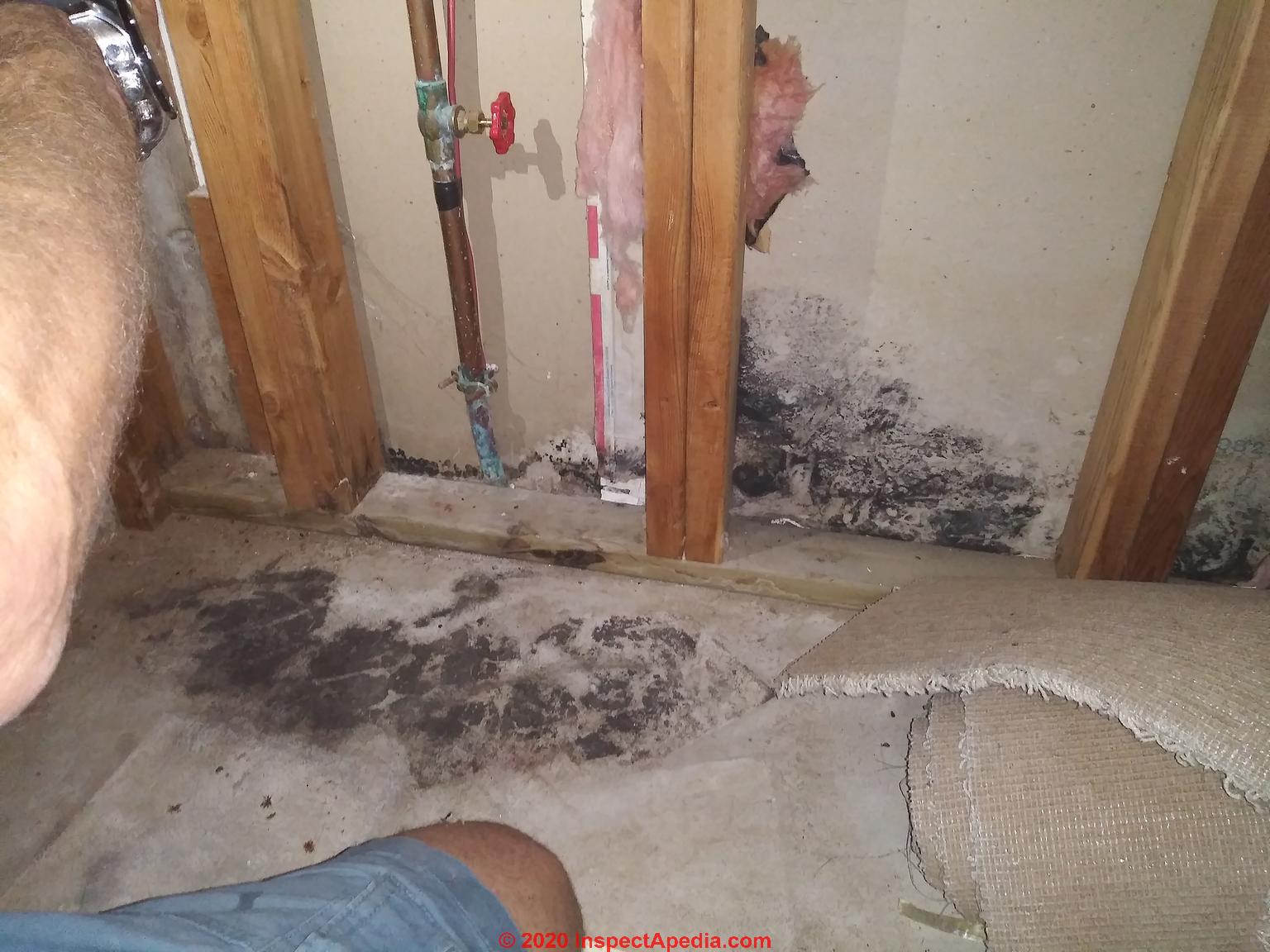The worst infestations usually occur in damp crawlspaces in attics and walls where water has leaked in from the outside and in basements with poor foundation drainage.
Water leak inside wall mold.
The key to stopping mold and mildew is controlling dampness.
Excess water or moisture can create a musty smell when it gets absorbed into building materials like.
Often the patch of wall which shows signs of a leak is not directly in front of the leaky pipe or fixture.
Inspect the home for water leaks and have the leaks repaired if found make sure that the property has proper airflow.
If your home has suffered severe water damage mold will grow in your walls if the water wasn t removed within 24 48 hours.
Does a water leak always mean mold.
Other water problems like leaking pipes may also trap moisture inside your walls.
Weather the water damage is the result of a storm surge or a leaky faucet when water is trapped behind walls or paneling the elements needed for mold growth will most likely be present.
Signs of mold from water leak include visible mold usually black or gray in color either patchy or streaky and the mold from water leak usually looks slimy.
Increase air circulation in the property by moving furniture just a few.
You may also notice peeling paint water stains on walls or ceilings buckled drywall or buckled shelves under your kitchen or bathroom sinks and a musty smell.
What are the signs of a water leak behind walls.
Signs you may have a leak wet or discolored drywall water stained trim damp masonry musty smells mold or mildew puddles on the floor near walls or drips from the ceiling.
Both a utility knife and a drywall saw can be purchased at your local hardware store.
Steps to prevent mold growth.
You need to be absolutely sure there is no mold in there before putting up the new drywall because if you repair the wall with even a tiny bit of mold inside that mold can grow and spread and you may not realize it until you ve got a serious mold problem in your home.
In florida water and mold damage to the drywall of the walls and ceiling of condominium units is a frequent problem.
It is best to take action at this time to mitigate the damage and prevent mold growth from occuring.
If water reached drywall the best practice is to cut it one foot above the water line.
When unit owners bring water and mold damage issues to the attention of the condo association many associations usually try to point the finger at someone else.
Mold growth normally appears in areas with excess moisture such as bathrooms kitchens.

